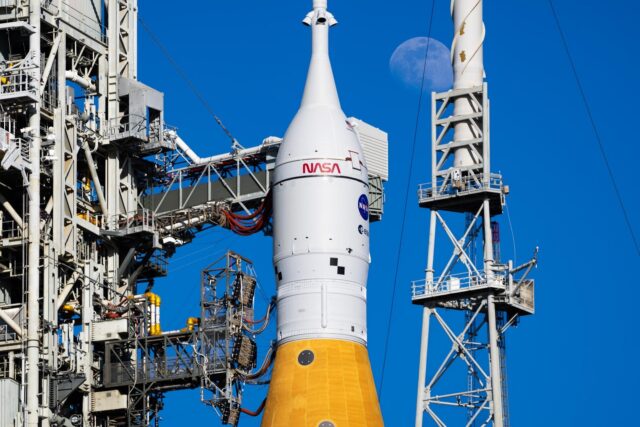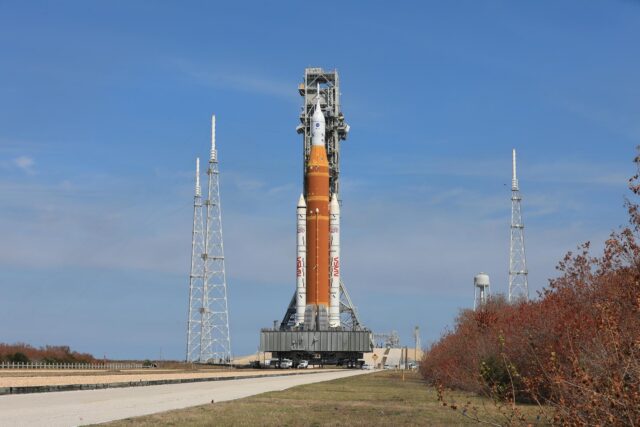UK Space Agency backs Rolls-Royce nuclear power for Moon exploration
Rolls-Royce has announced it has secured funding from UK Space Agency, as it backs research by Rolls-Royce into how nuclear power could be used to support a future Moon…

Rolls-Royce has announced it has secured funding from UK Space Agency, as it backs research by Rolls-Royce into how nuclear power could be used to support a future Moon base for astronauts.
Scientists and engineers at Rolls-Royce are working on the Micro-Reactor programme to develop technology that will provide power needed for humans to live and work on the Moon.
All space missions depend on a power source, to support systems for communications, life-support and science experiments. Nuclear power has the potential to dramatically increase the duration of future Lunar missions and their scientific value.
The UK Space Agency has announced £2.9 million of new funding for the project which will deliver an initial demonstration of a UK lunar modular nuclear reactor. This follows a £249,000 study funded by the UK Space Agency in 2022.
Rolls-Royce
Minister of State at the Department of Science, Innovation and Technology, George Freeman, said: “Space exploration is the ultimate laboratory for so many of the transformational technologies we need on Earth: from materials to robotics, nutrition, cleantech and much more.
“As we prepare to see humans return to the Moon for the first time in more than 50 years, we are backing exciting research like this lunar modular reactor with Rolls-Royce to pioneer new power sources for a lunar base.
“Partnerships like this, between British industry, the UK Space Agency and government are helping to create jobs across our £16 billion Space Tech sector and help ensure the UK continues to be a major force in frontier science.”
Abi Clayton, Director of Future Programmes for Rolls-Royce said: “The new tranche of funding from the UK Space Agency means so much for the Rolls-Royce Micro-Reactor Programme. We’re proud to work collaboratively with the UK Space Agency and the many UK academic institutions to showcase the best of UK innovation and knowledge in space.
“This funding will bring us further down the road in making the Micro-Reactor a reality, with the technology bringing immense benefits for both space and Earth. The technology will deliver the capability to support commercial and defence use cases alongside providing a solution to decarbonise industry and provide clean, safe and reliable energy.”
Subscribe to the FINN weekly newsletter
















